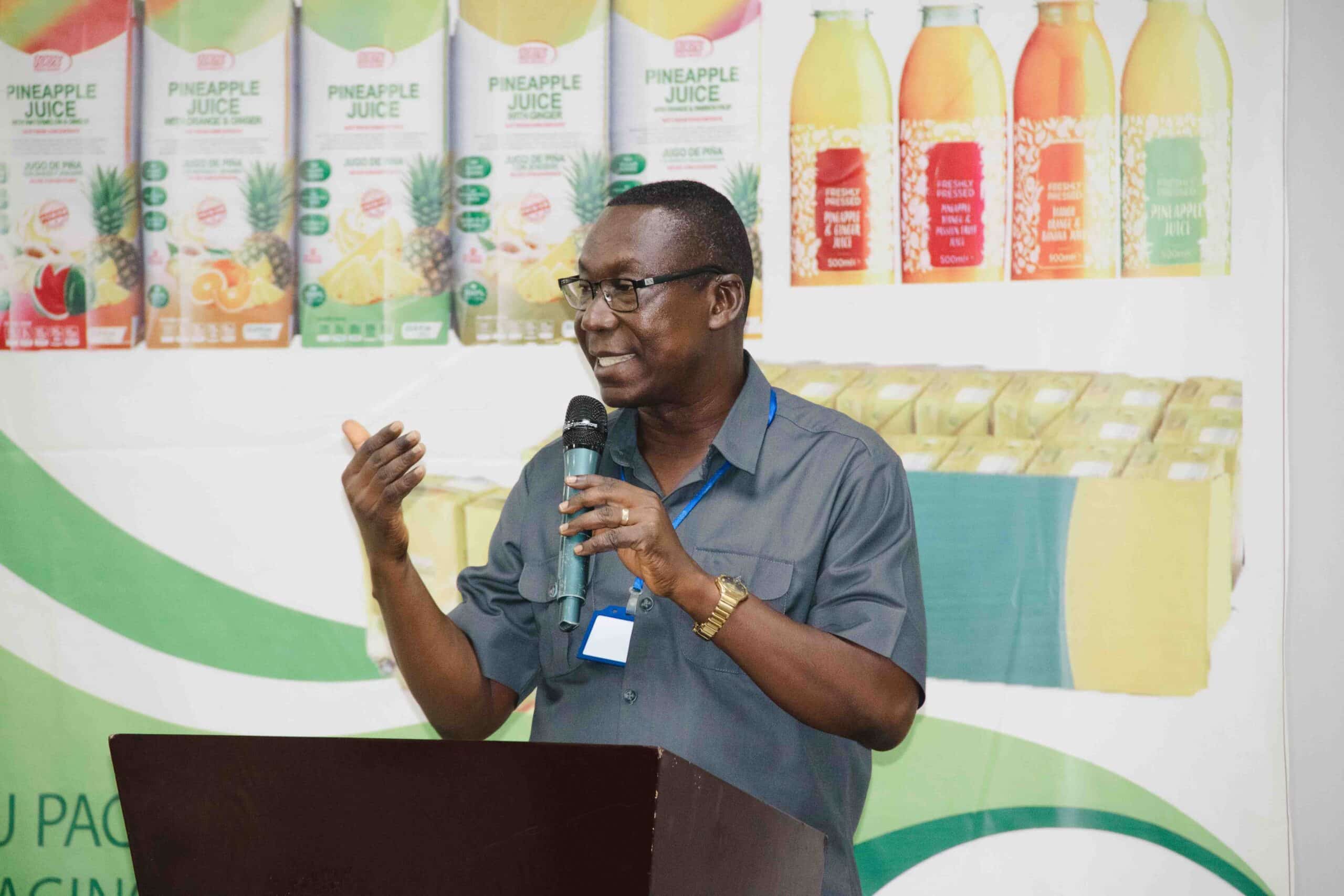According to a report released by Dealogic — which tracks financial-sector sponsored M&A — activity in the agri-business sector reached $42.3bn (€30.8bn) in the first 11 months of the year, more than double the previous record of $18.1bn established in 2007 when the sector started to attract attention, as food prices spiked around the world.
One notable deal was the decision by Joh A Benckiser — the investment arm of the billionaire Reimann family — to buy DE Master Blenders for €7.5bn ($9.8bn).
DE Master Blenders is the Dutch tea and coffee company which owns the Douwe Egberts brand. Deals like those illustrate that global financiers no longer regard the agri-business sector as a plodding counter-cyclical investment.
In our experience, Irish agri-business companies are becoming increasingly active in the M&A space, driven by the imminence of the EU milk production cap being lifted in 2015.
On the one hand, Irish companies are well-positioned to expand, because of the highly-competitive nature of the dairy industry in Ireland and the world-class expertise within our leading food and food ingredients companies, such as Glanbia and Kerry.
However, the flip-side of the equation is that Irish companies must expand in this brave new world, or risk being swallowed up by international competitors.
The advantage that Irish companies enjoy — an advantage shared by our Dutch and Danish neighbours — is that for many years, the requirement to produce traceable high-quality food has been a disadvantage to our producers.
We believe that this requirement constitutes a “factor disadvantage,” whereby disadvantages in the home market can make a national industry more competitive internationally.
For example, a lack of space led Japanese manufacturers to develop the concept of just-in-time inventory management, which gave Japan an international competitive advantage when applied internationally.
Equally, even though our food producers have been hamstrung by traceability and food quality standards for years, we are now seeing the rise of a global consumer — who demands the same level of quality and traceability as a European consumer.
We have found that this discerning new middle class also demands dairy products, meat and high-quality processed foods of a kind that local manufacturers cannot satisfy.
The Irish Dairy Board has responded to the needs of these global consumers, by acquiring 75pc of the shares of Al Wazeen Trading, in October of this year.
Al Wazeen Trading Company is a Saudi Arabian dairy importer sales and distribution business, which supplies dairy products to food service and wholesale customers.
The Irish Dairy Board — an Irish dairy co-operative, with annual turnover of more than €2bn, which promotes the Kerrygold brand worldwide — acquired Al Wazeen as part of its strategy to establish a manufacturing hub for its products in the Middle East and North Africa.
Joint ventures
The agribusiness industry is dynamic and ever-shifting. The recent surge in investment and acquisitions reflects this and marks a significant period of growth and opportunity. Farrelly Mitchell is perfectly aligned to support this momentum, offering services in mergers & acquisitions, sustainability and esg, digitalisation, market intelligence & insights, and more.
We empower businesses across the industry and throughout the agrifood value chain. Delivering actionable insights into operations improvement, business planning, supply chain optimisation, sustainability and esg, and much more. Through our comprehensive support, we help our clients achieve strategic growth, operational excellence, and a competitive edge in the global market, ensuring their ventures not only thrive but also contribute positively to the broader goal of sustainable development in the agribusiness sector.














